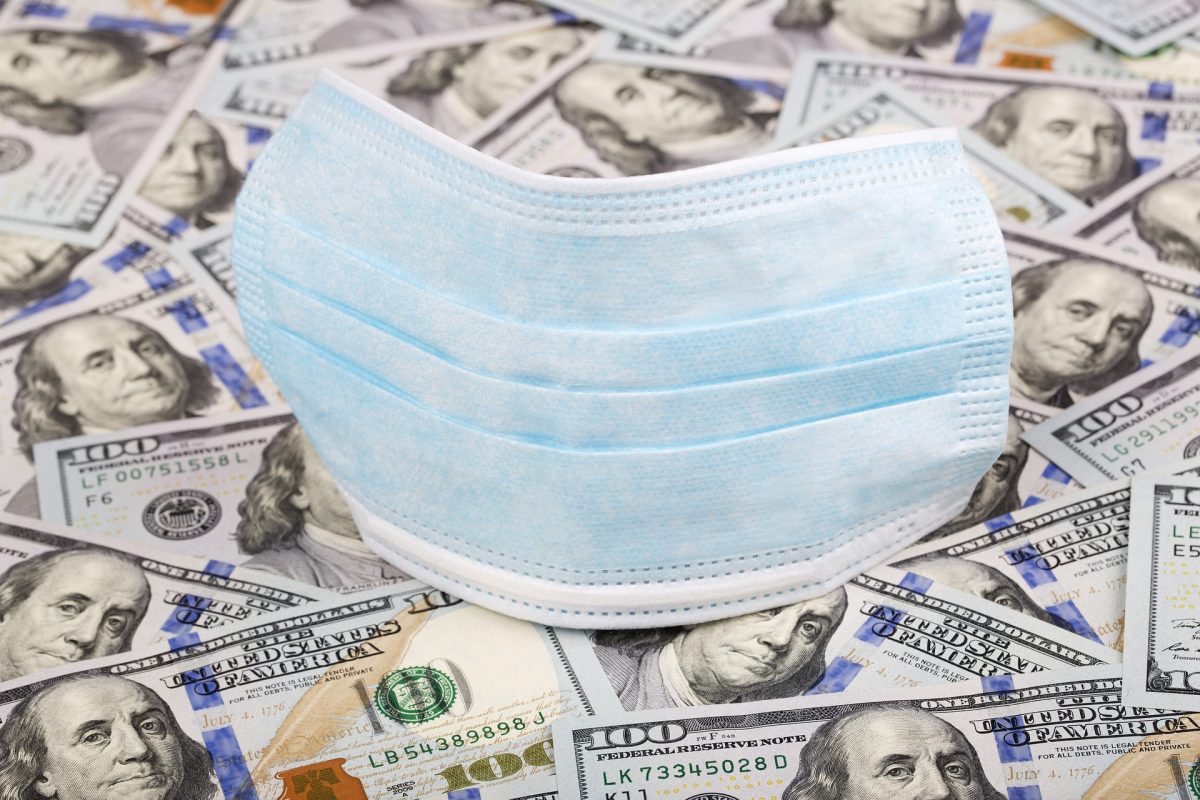
US Coronavirus Measures Are Justified, University of Wyoming Economists Find
University of Wyoming via EurekAlert – Aggressive social distancing policies being used to slow the spread of the novel coronavirus COVID-19 are hammering the U.S. economy, but an analysis by University of Wyoming researchers suggests that these measures are economically justified.
The potential benefits of social distancing in saving lives far outweigh the projected damage to the economy, according to the economists from the Department of Economics in the UW College of Business. The team’s research, which has received widespread attention in national and international media outlets, will appear in the Journal of Benefit Cost Analysis.
“Our benefit-cost analysis shows that the extensive social distancing measures being adopted in the U.S. likely do not constitute an overreaction,” says Assistant Professor Linda Thunstrom, lead author of the article. “Social distancing saves lives but comes at large costs to society due to reduced economic activity. Still, based on our benchmark assumptions, the economic benefits of lives saved substantially outweigh the value of the projected losses to the U.S. economy.”
In fact, assuming that social distancing measures are adopted widely enough to substantially reduce contacts among individuals, the benefits of those policies will outweigh the economic costs by $5.2 trillion, the economists found.
Joining Thunstrom in conducting the analysis were Assistant Professor Stephen Newbold, Professors David Finnoff and Jason Shogren, and graduate student Madison Ashworth. The team used the most up-to-date information on disease spread and effects on economic activity to conduct the analysis. “It should be possible to conduct a more detailed analysis after more data are available,” Newbold says. “But a rapid assessment, based on the best currently available information, adds much-needed rigor to the public discussion about the policy response to this outbreak.”
Attempts to slow the rate of COVID-19 infections have led many governments around the world to issue unprecedented public policies and guidelines to increase social distance within and across countries. Those measures include closing schools and businesses, imposing broad travel restrictions, and urging citizens to avoid gatherings of 10 or more people.
A recent forecast by Goldman Sachs predicts that these actions will cause the nation’s gross domestic product to shrink by more than 6 percent this year, even with substantial government stimulus efforts. Already, the country is seeing declines in economic activity and dramatic increases in unemployment, with a particular impact on vulnerable low-income workers.
The UW economists’ analysis takes into account the potential impact of COVID-19 on the U.S. health care system. Based on previous studies by other researchers, they estimate that the current social distancing measures across the country will reduce the average contact rate among individuals by 38 percent, which reduces the peak of the infection curve by more than half. This would help to avoid overwhelming the health care system and keep the mortality rate lower than the worst-case scenarios.
The economists note that their analysis doesn’t examine the impacts of social distancing policies on specific segments of the U.S. population.
“It stands to reason that the most vulnerable groups in society will be the hardest hit. For example, the service industry will be disproportionately affected by these policies, which will lead to mass layoffs of low-income workers,” the researchers wrote. “It also is likely that the most economically disadvantaged groups will suffer the most severe adverse health consequences from COVID-19.”
In theory, the disparate impact of the epidemic and social distancing measures could be addressed “with appropriate redistributions of resources,” they wrote.
The analysis also doesn’t consider how the current social distancing measures might affect the probability of a second wave of COVID-19 infections. “Instead, we implicitly assume that aggressive social distancing measures buy enough time to develop and distribute cost-effective COVID-19 treatments or vaccines, should a second wave occur,” the economists wrote.
In the end, it is in the nation’s interest to better prepare for outbreaks such as COVID-19, they say.
“Our analysis suggests that the aggressive social distancing policies currently promoted in the U.S. probably are justified, given that no good contingency plans were in place for an epidemic of this magnitude,” they wrote. “But the costs and consequences will be painful. To avoid these in the future, there are likely large social benefits to ensuring that we are better prepared for the next pandemic.”
To read the original article click here.






